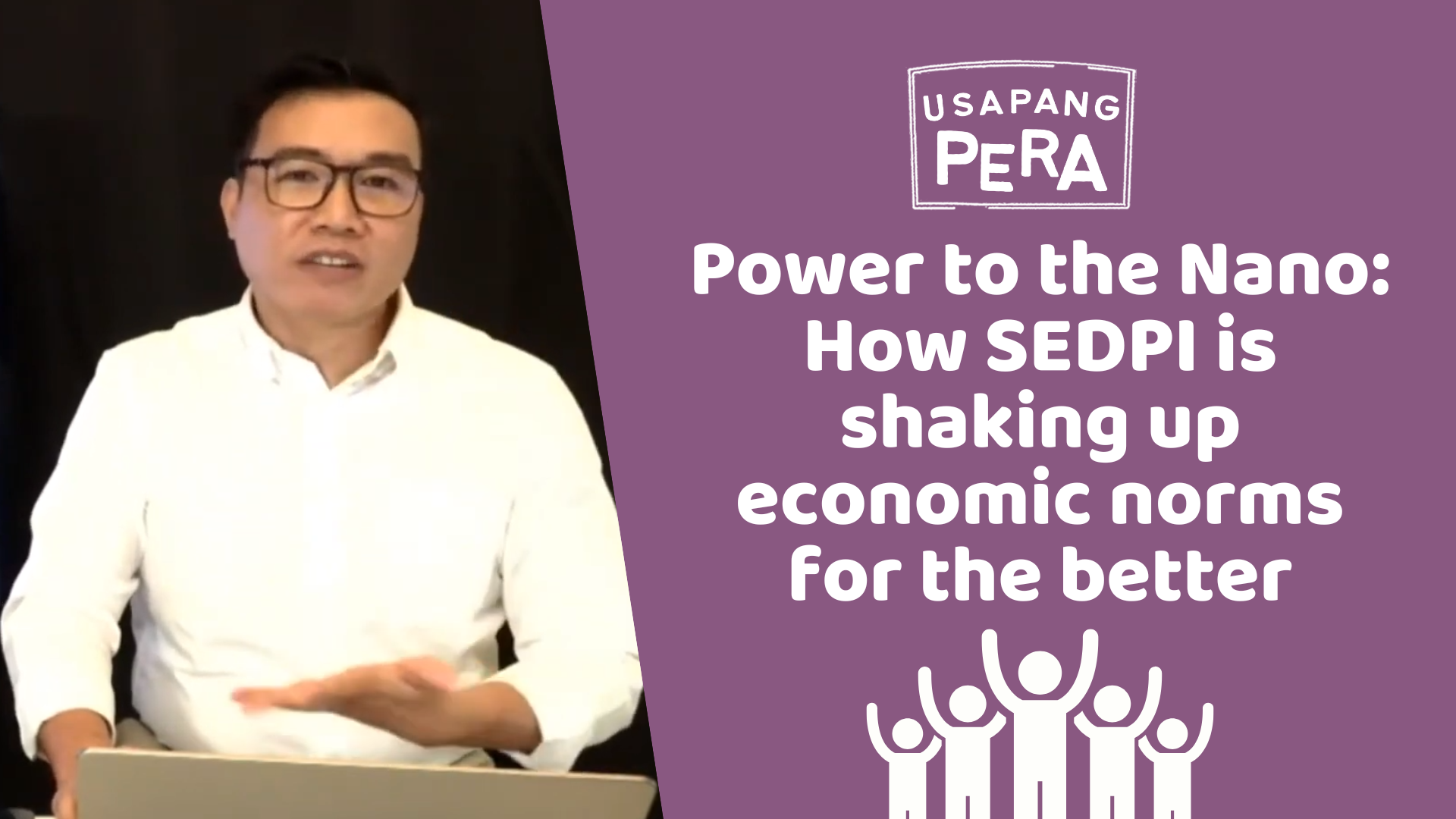Tag: economy
-

Power to the Nano: How SEDPI is shaking up economic norms for the better
The SEDPI Group of Social Enterprises is a Philippines-based organization that operates with the aim of alleviating poverty among Filipinos worldwide. Since its inception in 2004, it has grown to include eight collaborative organizations executing three key programs: SEDPI KaSosyo, SEDPI KaNegosyo, and Usapang Pera. These programs focus on social investments, nanofinancing, and financial education…